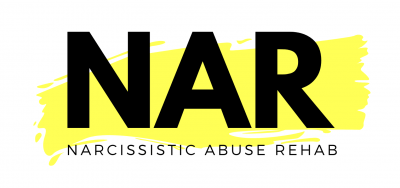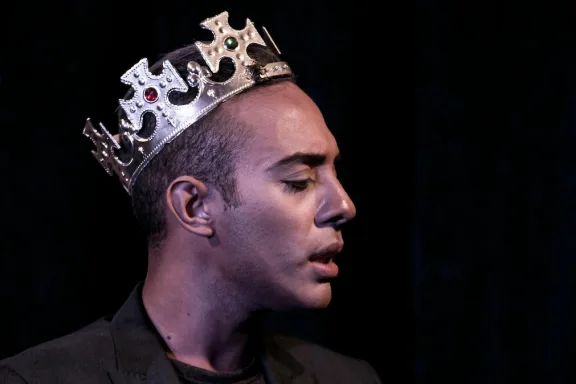IN THE CONTEXT of narcissistic abuse, triangulation is a manipulation tactic in which one person engineers a rivalry between two other people or groups. The aim is to prevent the opponents from uniting against the manipulator, who uses the conflict to control and exploit both factions. Macedonian King Philip II called the strategy divide et impera, but it is more commonly known as divide and conquer.
In order to maintain dominance, highly narcissistic people tend to use oppositional parenting strategies with current or former partners. It’s distressing enough when a narcissistic person triangulates a former partner with their new romantic interest, but the wound cuts much deeper when the triangulation is used to weaken the bonds between the former partner and their child.
A community member submitted the following question:
I am being triangulated with my ex narcissist’s new partner. They are telling our children that the new partner is a better parent because they are carefree, while I have been battling anxiety & depression. Ultimately, they want the children to move in with them. In your opinion, what is the best course of action for someone in my situation?
For answers, we turned to clinical psychologist and parent-child attachment specialist, Dr. Michael Kinsey, author of ‘Transcendent Parenting: A Workbook For Parents Sharing Children With Narcissists,’ for his analysis.
1. Play the long game
It’s painful when a child expresses a preference for their other parent and their new partner. Parents experience feelings of fear, abandonment, and anger at the unfairness of the rejection. However, it can be helpful to look at the situation through a wide lens.

“I think that there’s the short view and the long view here,” explains Dr. Kinsey, “The short term view can be pretty discouraging. The kids may believe it, they may be acting in line with what the alienating or narcissistic parent is feeding them. But the thing to keep in mind with narcissistic people is that if you have an estranged relationship with them you are one of many people. The hallmark of narcissistic personality disorder is there have chronically strained relationships. And the reason for this is that everyone ultimately has a fall from grace with a narcissist. People will always see through the façade at some point. Maybe at first just for a few moments. Maybe there will be a prolonged estrangement that develops between the narcissist and the kids. But there will always be an opportunity.”
2. Don’t take the narcissist’s bait
It’s tempting to enter into a competition with the narcissistic person’s new partner, to utter a snarky response when your children comes home repeating praise of the new partner and criticism of you. But that will only encourage the narcissistic person because it shows that their manipulation is working.
Dr. Kinsey says that it’s best not to take the bait, “You stay above the fray. You don’t comment on it. You don’t respond to it. You speak to the kids. You don’t speak to the narcissist through the kids.”
3. Be your child’s safe harbor
Once you have processed your feelings about the situation, start focusing on taking the best possible care of yourself so you can show up fully and with an open heart for your child.

“What I would advise people to do,” says Dr. Kinsey, “Is to create a very welcoming, open, accepting, non-contentious environment for the kids to return to. In many ways, that’s the best you can do.”
It’s okay to gently let your child know how you feel. Dr. Kinsey gives an example of what this might look like, “You speak to the kids and you say, ‘It really hurts that it feels that way to you, that this other parent is better, but I’m your mother or father and I’m always here for you.'”
Final Thoughts
It’s not easy raising children with combative partners. It’s important to remember that extreme narcissism is a post-traumatic stress adaptation and that much of their crazy making behavior is not about you. Highly narcissistic people are often acting out repetitions of early life conflicts.
As much as narcissistic people seek to shift everyone’s attention on to themselves, its important to support children by making sure that their needs remain the top priority. Learn more about preventative steps you can take to protect your child’s mental health and how to answer your child’s questions about a narcissistic parent.
If you feel that you or a loved one could benefit from additional support with triangulation, reach out to Dr. Kinsey at Mindsplain.
Books by Michael Kinsey, Ph.D.
- ‘Dreams of Zugunruhe’
- ‘Transcendent Parenting: A Workbook For Parents Sharing Children With Narcissists,’
Quotes about excessive narcissism and triangulation
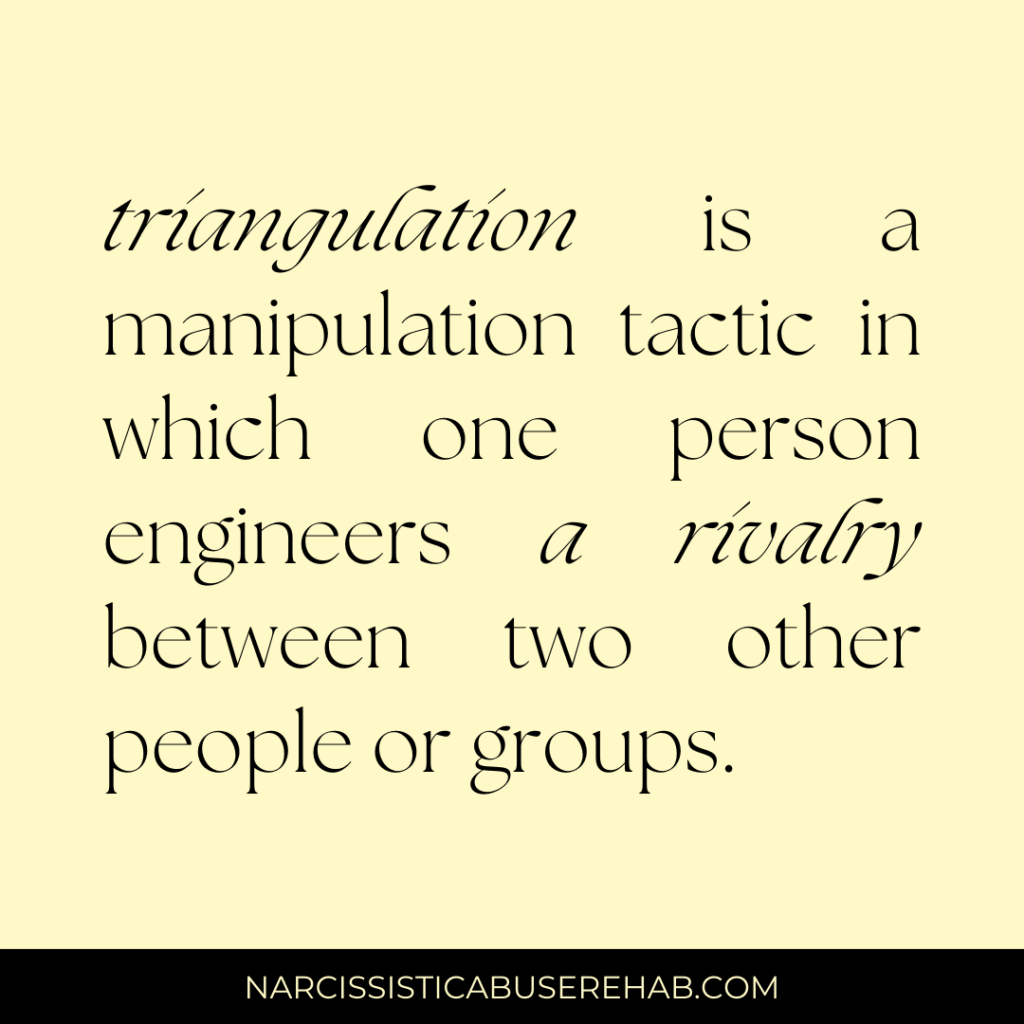
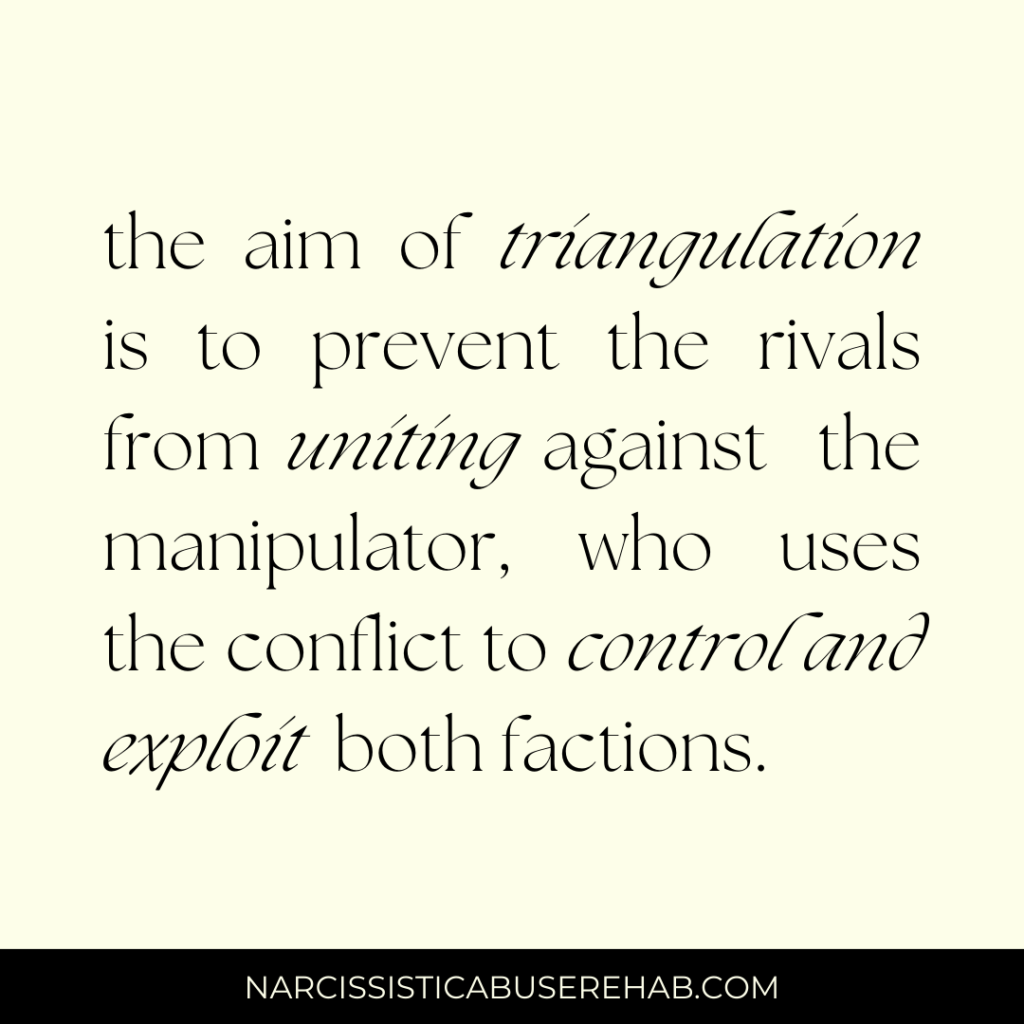
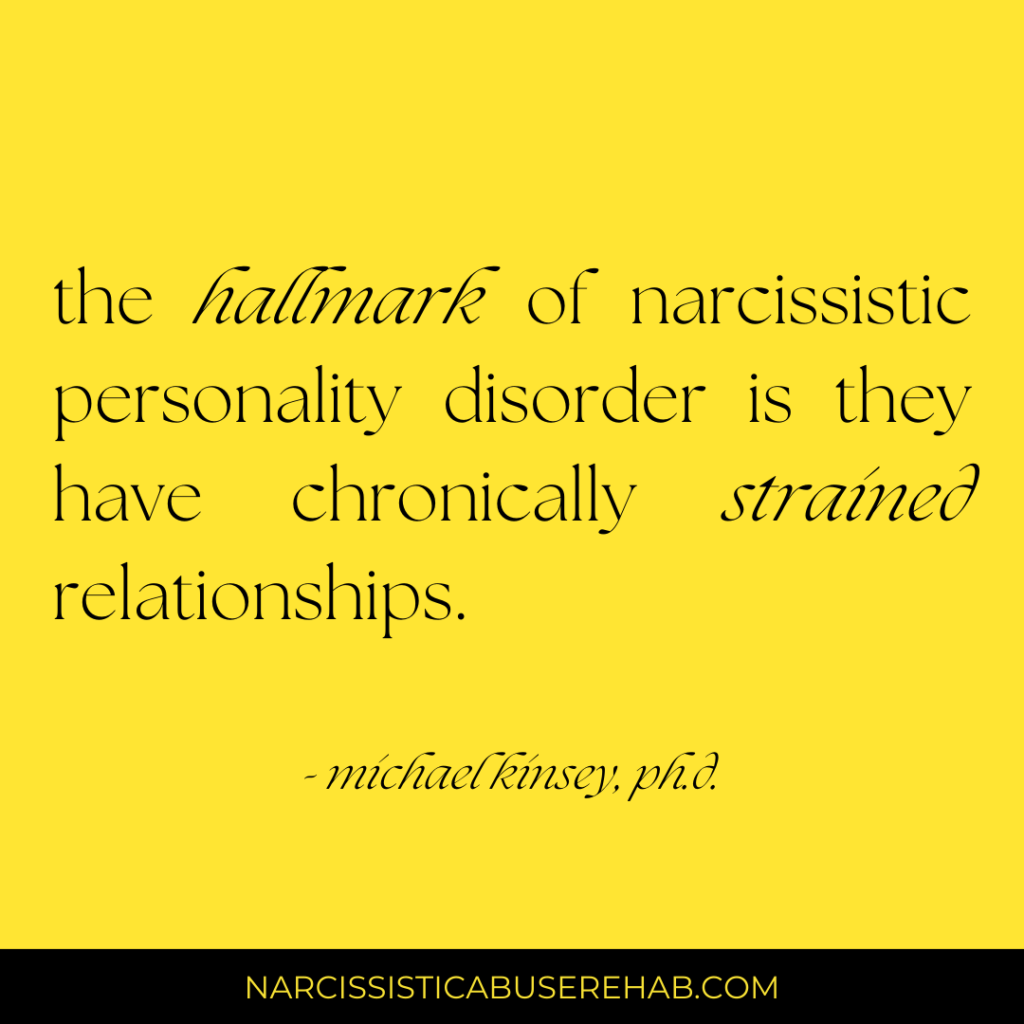
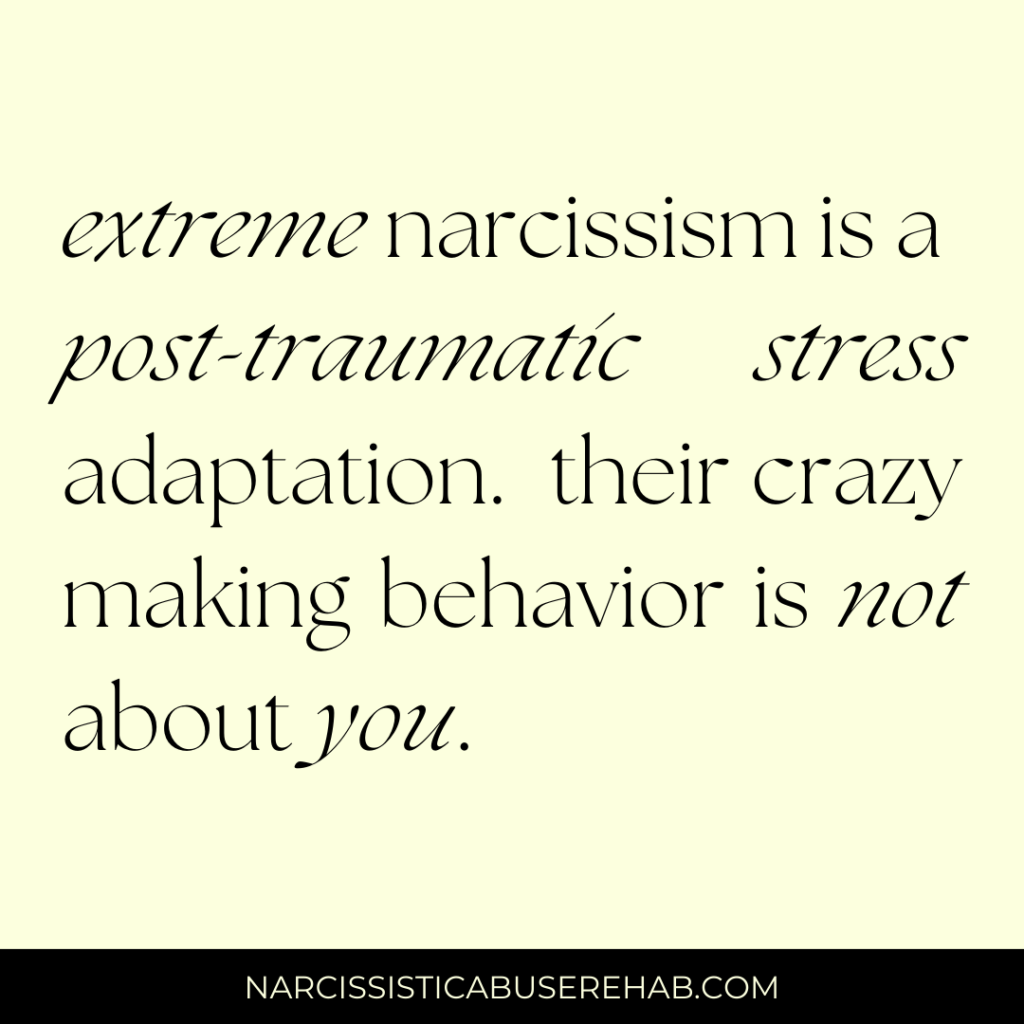


Confidential support is available to anyone experiencing abuse.
Book a one-on-one consultation or coaching session.
NAR’s Journalistic Standards and Practices
About NAR • Report Typo or Error
